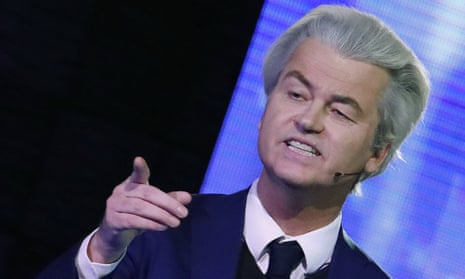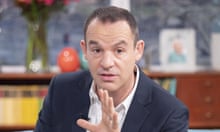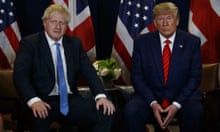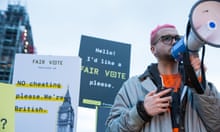Facebook’s only Dutch factchecker has quit over the social network’s refusal to allow them to highlight political lies as being false.
The online newspaper Nu.nl had been Facebook’s only factchecking partner in the Netherlands since Leiden University dropped out of the programme last year. The website had sole responsibility for marking Facebook and Instagram news content for Dutch users as being false or misleading, in order to help power the social network’s tools that suppress distribution of misinformation.
According to an NPO 3 interview with Nu.nl’s editor-in-chief, Gert-Jaap Hoekman, the relationship ended over Facebook’s decision to ban it from checking content and adverts posted by politicians. “What is the point of fighting fake news if you are not allowed to tackle politicians?” Hoekman asked.
The organisation has had an uncomfortable relationship with Facebook since May, when Nu.nl labelled an advert from a Dutch politician as “unsubstantiated” – a move that was reversed by Facebook, which enforced its rules against factchecking politicians. But the “final straw”, according to the NPO programme, was when Facebook again pushed the factcheckers to reverse rulings against the far-right Freedom party (PVV) and FvD party.
In a statement, Facebook said: “We value the work that Nu.nl has done and regret to see them go, but respect their decision as an independent business.
“Fighting misinformation takes a multi-pronged approach from across the industry. We are committed to fighting this through many tactics, and the work that third-party factcheckers do is a valued and important piece of this effort. We have strong relationships with 55 factchecking partners around the world who factcheck content in 45 languages, and we plan to continue expanding the program in Europe and hopefully in the Netherlands.”
The dispute cuts to the heart of Facebook’s decision not to allow politicians to be factchecked on the platform. The company insists that it does not want to be in the position of judging what is true and false, with its head of communications, Nick Clegg, saying that it was not an “appropriate role for us to referee political debates and prevent a politician’s speech from reaching its audience and being subject to public debate and scrutiny”.
But some factcheckers point out that Facebook is not doing any factchecking anyway: ever since the company announced its plans to fight misinformation, in the wake of the 2016 US election, it has outsourced the work to third parties, many of whom are experienced and comfortable with taking on the false claims of politicians.








